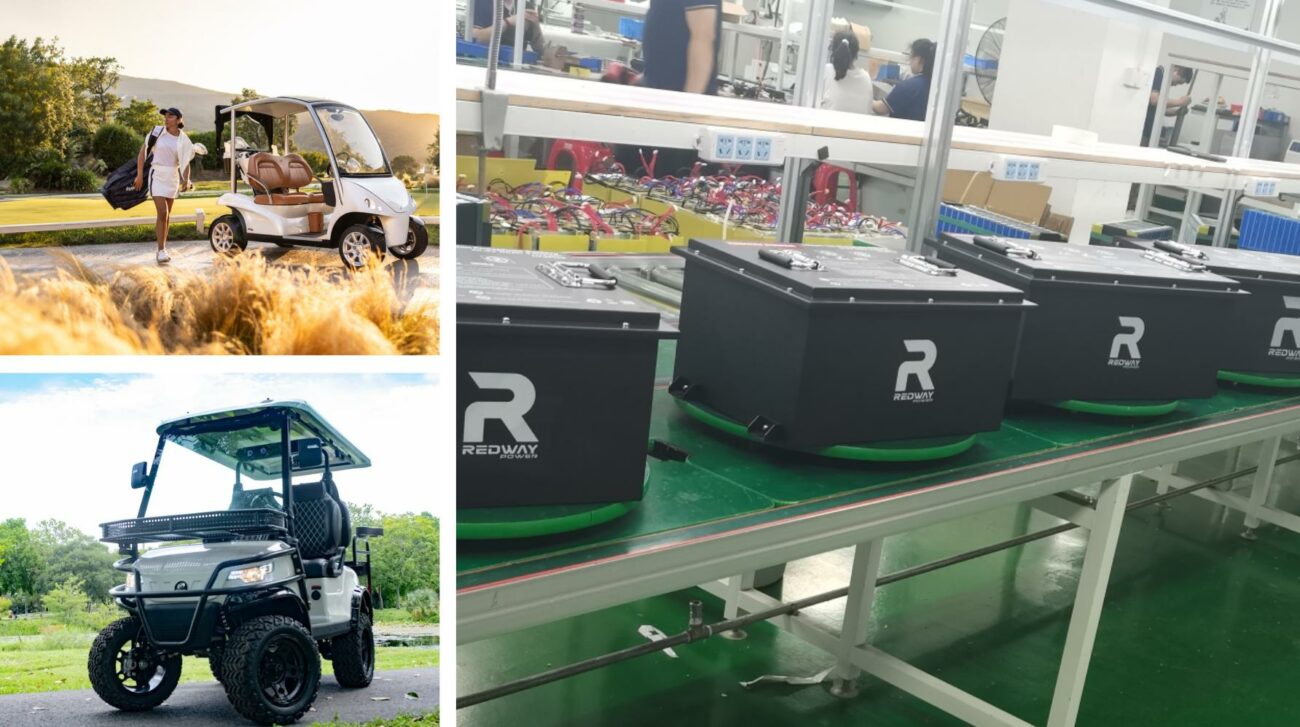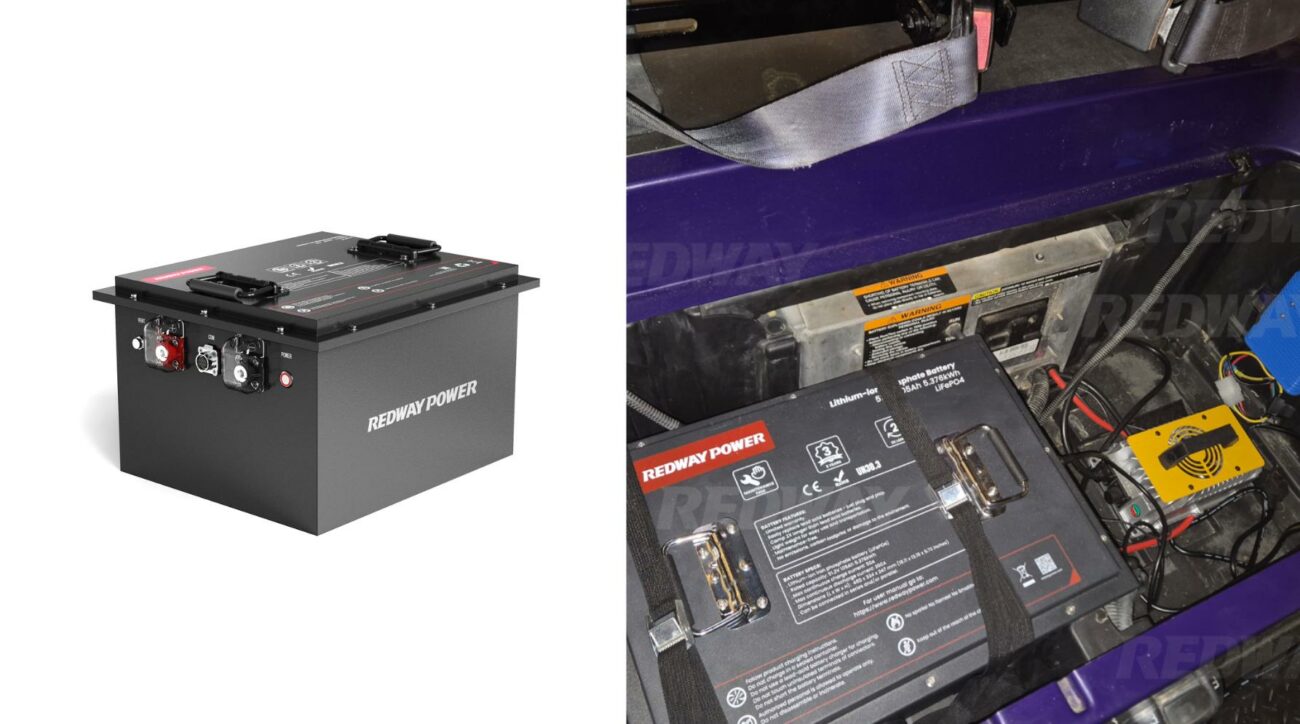Maintenance-free lithium forklift batteries eliminate routine upkeep, reduce downtime, and offer longer lifespans compared to traditional lead-acid batteries. They provide consistent power output, faster charging, and lower total ownership costs. With no watering, equalizing, or acid leaks, these batteries enhance safety and operational efficiency. Their lightweight design improves forklift maneuverability, making them ideal for high-demand logistics environments.
Need a Toyota Forklift Battery? Your Complete Guide
What Cost Savings Do Lithium Forklift Batteries Offer Over Time?
Lithium batteries last 3-5x longer than lead-acid, reducing replacement costs. They eliminate expenses for watering systems, acid disposal, and ventilation infrastructure. Energy efficiency cuts electricity bills by 30-50%, as they charge faster with less energy waste. Reduced downtime from maintenance and charging further lowers labor and operational costs, yielding ROI within 2-3 years despite higher upfront prices.
Detailed lifecycle cost analyses reveal lithium batteries can save $12,000-$18,000 per forklift over 10 years. Unlike lead-acid models requiring quarterly maintenance averaging $450/year, lithium’s sealed design eliminates these recurring expenses. Fast charging capabilities enable multi-shift operations without battery swaps, reducing the need for spare batteries and associated storage space. When combined with smart energy management systems, warehouses have documented 63% lower energy consumption per pallet moved compared to traditional battery systems.
| Cost Factor | Lead-Acid | Lithium |
|---|---|---|
| 10-Year Battery Replacements | 3-4 units | 1 unit |
| Annual Maintenance | $400-$600 | $0 |
| Energy Cost/MWh | $118 | $82 |
Are Lithium Forklift Batteries Safer Than Traditional Alternatives?
Yes. Lithium batteries are sealed, preventing acid spills and hydrogen gas emissions. They lack flammable electrolytes and include built-in battery management systems (BMS) to prevent overcharging, overheating, and short circuits. Non-corrosive components reduce workplace hazards, while their stable chemistry minimizes fire risks compared to lead-acid batteries, which require hazardous material handling protocols.
Advanced lithium batteries feature multi-layer protection including temperature sensors, voltage monitors, and automatic shutdown mechanisms. Unlike lead-acid batteries that emit explosive hydrogen during charging, lithium models maintain sealed chemistries with zero gas emissions. Recent UL certifications require lithium forklift batteries to withstand nail penetration tests and 130°C heat exposure without thermal runaway. Facilities using lithium report 78% fewer battery-related incident reports and eliminate the need for dedicated battery wash stations to clean acid corrosion.
| Safety Feature | Lead-Acid | Lithium |
|---|---|---|
| Thermal Runaway Risk | Moderate | Low |
| Gas Emissions | Hydrogen | None |
| Spill Risk | High | None |
“Modern lithium forklift batteries aren’t just power sources—they’re strategic assets. At Redway, we’ve seen warehouses cut energy costs by 53% while achieving 99.6% uptime through intelligent battery management. The next frontier is integrating IoT for real-time fleet optimization, turning batteries into data hubs that predict maintenance needs before failures occur.”
FAQ
- How long do lithium forklift batteries last?
- 8-10 years or 3,000-5,000 cycles, outperforming lead-acid by 3x.
- Do lithium batteries require special chargers?
- Yes—smart chargers with CC-CV profiles to prevent overcharging.
- Are lithium forklift batteries recyclable?
- Yes, with 95% of materials recoverable through specialized programs.





